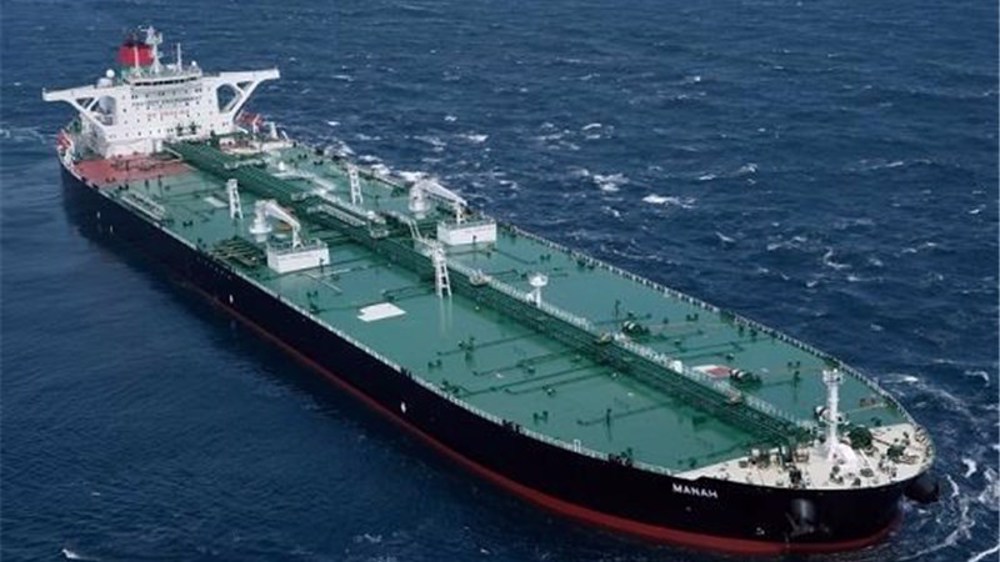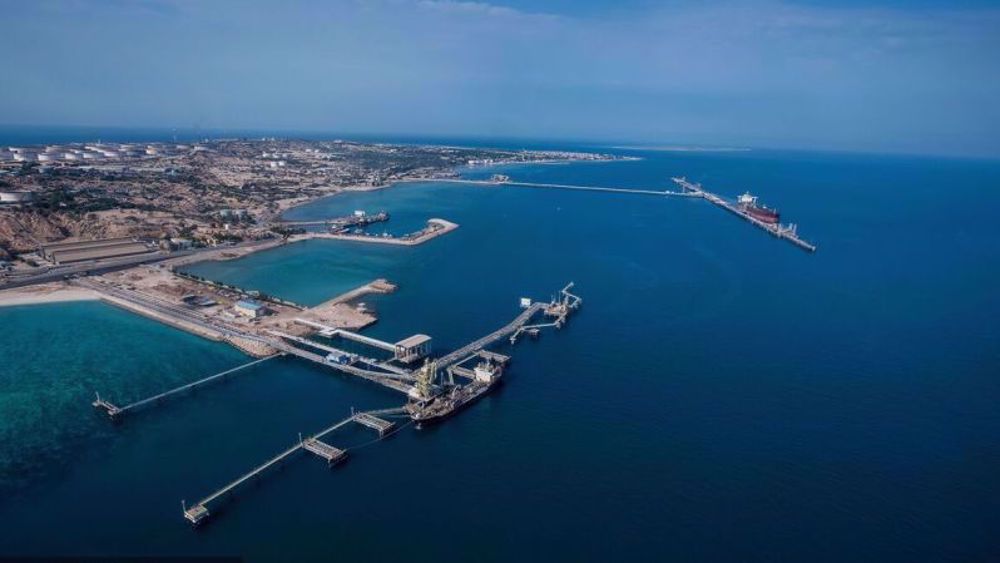Iran putting finishing touches to IPC contracts: Zangeneh
Iran’s petroleum minister says the terms of new oil deals, sweetened to tempt back foreign companies, have yet to be finalized, noting that critics’ concerns about the new contracts would be allayed.
“So far, no contract has been signed and even the text of this model of contracts has not been readied yet,” Bijan Zangeneh told the ministry’s official news agency SHANA.
“The drafting of the contracts is under way and we will negotiate with [foreign] companies after finalization,” said the minister.
He said that petroleum ministry officials are open to discussing the framework of the Iran Petroleum Contract (IPC) – drafted to replace unattractive buybacks – to assuage their concerns.
“I agree that there are concerns about oil and there have always been [such concerns]. We want to give assurances provided that the critics are for negotiations, are rational and observe the minimum criteria,” said Zangeneh.
He dismissed criticisms that foreign companies should not be engaged in oil contracts with Iran.
“Development of oil production capacity with focus on joint fields with a view to enhancing recovery rate is enshrined in the general policy [of oil plans],” said Zangeneh.
“I’m sure that the lawmakers who are critical of this framework have goodwill. Although they are opposed to me, their intention is the development of the country,” he said.
IPC, an attractive model
Iran cancelled an oil conference that was scheduled for this month in London to unveil new terms for oil contracts.

The London conference was planned to be held Feb. 22-24 as international sanctions have been lifted following the entry into force of Iran’s landmark nuclear agreement with world powers last month.
IPC is replacing buyback deals. Under a buyback deal, the host government agrees to pay the contractor an agreed price for all volumes of hydrocarbons the contractor produces.
But under the IPC, National Iranian Oil Company (NIOC) will set up joint ventures for crude oil and gas production with international companies which will be paid with a share of the output.
More than 100 energy companies, including Britain’s BP, France’s Total, Italy’s Eni and Spain’s Repsol attended a conference in Tehran last November to hear about the IPC.
Under the IPC, different stages of exploration, development and production will be offered to contractors as an integrated package, with the emphasis laid on enhanced and improved recovery.
Architects of the new contract say foreign companies can no longer dash out of their contractual obligations if sanctions are ever re-imposed on Iran. But critics cite numerous shortcomings which seriously plague the new formula.
US House passes bill targeting charities and pro-Palestine groups
Hezbollah attacks Israeli forces after Lebanese homes blown up
World leaders, states hail ICC arrest warrants for Netanyahu, Gallant
MP: US accountable for possible Israeli 'foolishness' to attack Iraq
VIDEO | Israeli policies strangle Palestinian agriculture, economy
Iran's president offers condolences to Pakistan over terrorist attack
Canada’s Yukon town council at standstill over refusing oath to King Charles
Yemen's Houthi calls for jihad to protect Palestine against Israel














 This makes it easy to access the Press TV website
This makes it easy to access the Press TV website